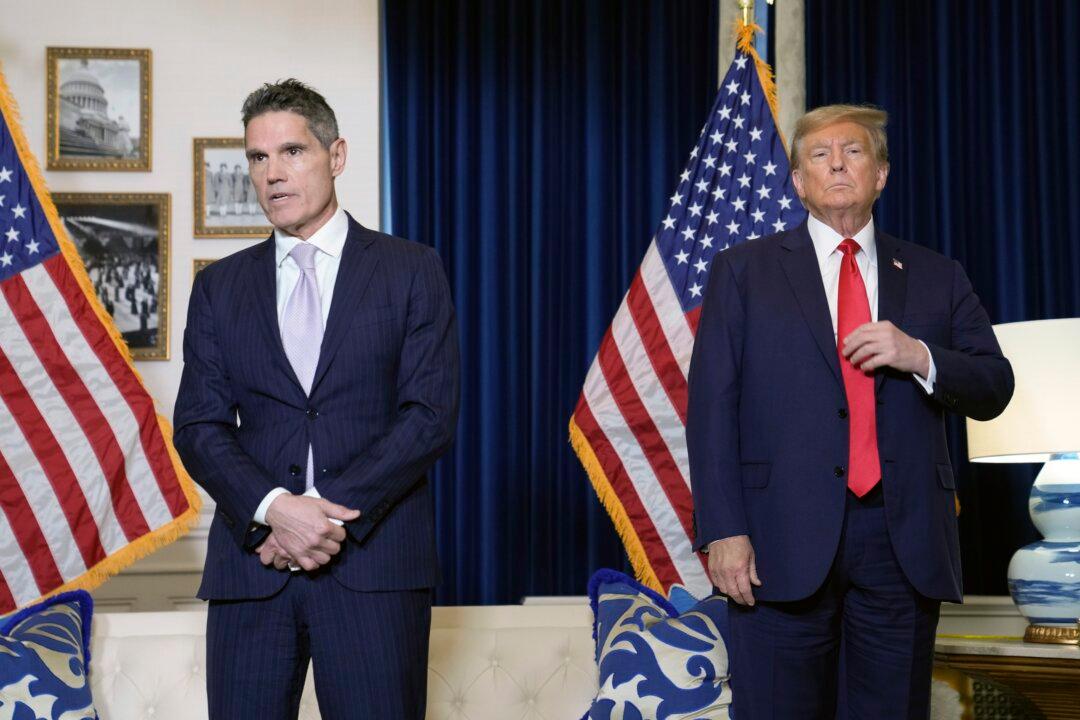Former President Donald Trump should be immune from criminal prosecution for his official acts in office, even if he were to conduct them with criminal intentions, his lawyer argued before a federal appeals court in Washington, D.C.
A three-judge panel of the court, consisting of Judges Michelle Childs, Karen LeCraft Henderson, and Florence Pan, scrutinized that argument during a Jan. 9 hearing that dealt with the sole issue of presidential immunity.





